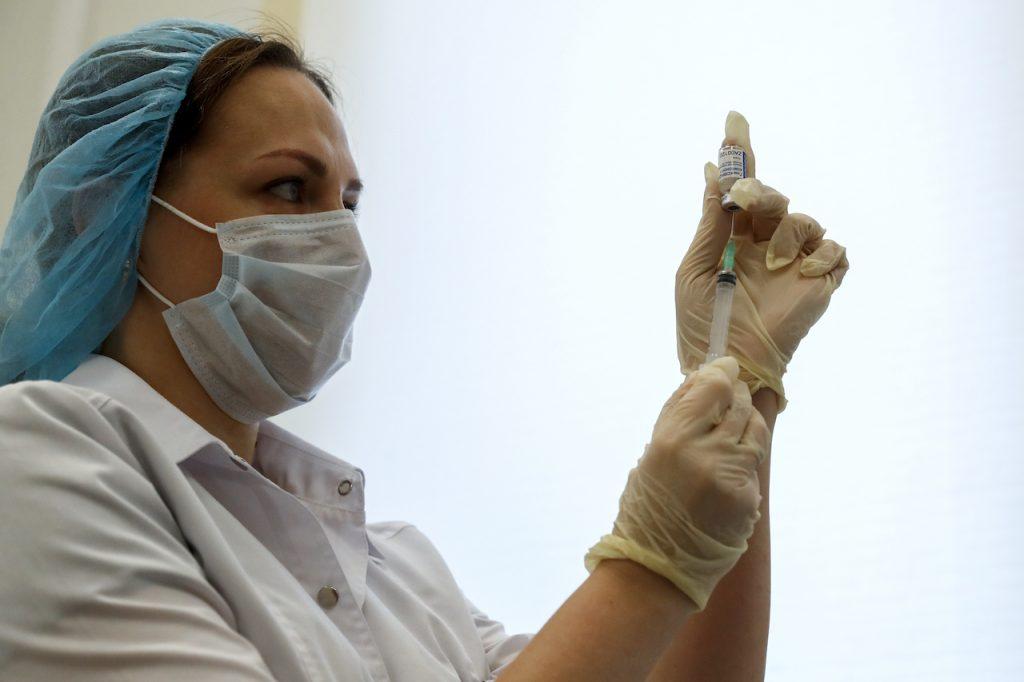Sputnik vaccine may never be approved in EU, says Italy PM
Both the Sputnik V and Sinovac vaccines are under a 'rolling review' process by the EMA, which is a step prior to seeking formal authorisation.
Just In
Russia’s Sputnik V Covid-19 vaccine may never be approved by the European Union, Italian Prime Minister Mario Draghi said Friday, as he also cast doubts on China’s Sinovac jab.
“Sputnik… has not yet managed to obtain and perhaps will never have the approval of EMA (the European Medicines Agency),” Draghi said in Brussels.
Meanwhile, “the Chinese vaccine… has shown to be inadequate, look at the experience in Chile”, the Italian leader added.
Chile has relied heavily on the Chinese Sinovac jab for its immunisation campaign, and is now considering adding a third dose to boost protection against new variants.
Both the Sputnik V and Sinovac vaccines are under a “rolling review” process by the EMA, which is a step prior to seeking formal authorisation.
In his comments, Draghi said there was a need for a “strengthening and maybe also a reform of EMA” to avoid a repeat of recent “considerable confusion” on vaccines.
He referred to a “certain discrepancy of pronouncements” over the safety of Covid-19 vaccines between EMA and national medicine bodies.
Draghi was speaking at the end of a two-day European Union summit, in which he said leaders had a general discussion on the state of play of coronavirus.
“The pandemic is not over, we are not yet out of it,” the Italian leader said, pointing to the spread of the more transmissible Delta variant in Britain.
In a statement, Italy’s national health institute ISS said the Alpha variant was still the most common in the country in June, with a prevalence of 74.9%.
At the same time, the share of coronavirus cases linked to the Delta variant had risen to 16.8% as of June 21, from 4.2% in May, ISS said.
Subscribe to our newsletter
To be updated with all the latest news and analyses daily.
